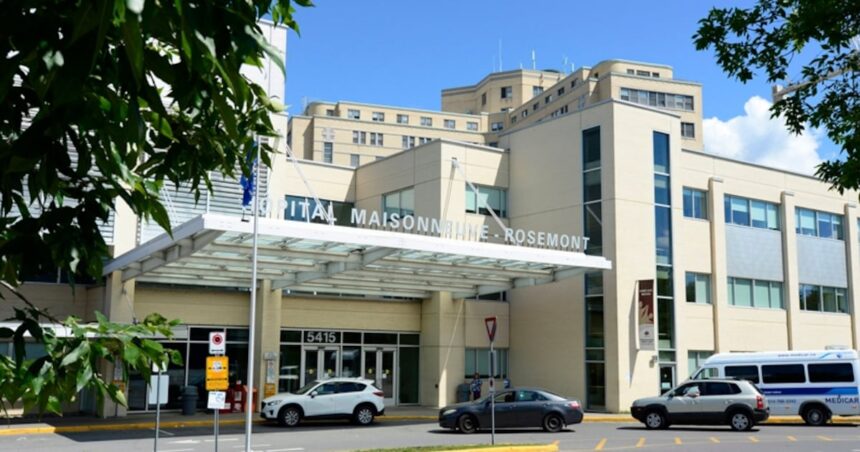Tuesday evening’s violent thunderstorm has left one of Quebec’s largest medical facilities scrambling to reschedule dozens of surgeries after emergency generators failed to fully power critical operating systems.
The McGill University Health Centre (MUHC) confirmed Wednesday morning that numerous surgeries at the Glen site had to be cancelled after Monday night’s powerful storm caused extensive power disruptions across Montreal’s southwest sector.
“It was chaos, to be honest,” said Marie Lemieux, a nurse who was working during the outage. “The backup generators kicked in immediately, but we quickly realized they weren’t supplying power to all the required systems.”
Hospital officials report that while emergency generators maintained essential life-support equipment and critical care units, they couldn’t sustain the specialized ventilation and pressurization systems required for surgical theatres. This forced medical teams to postpone approximately 35 planned procedures.
Dr. Pierre Gfeller, MUHC President and Executive Director, reassured the public that patient safety was never compromised. “Our emergency protocols worked exactly as designed for critical care. However, we made the difficult but necessary decision to reschedule non-emergency surgeries until we could guarantee optimal conditions,” he explained.
The storm, which brought wind gusts exceeding 90 km/h according to Environment Canada, caused widespread power outages affecting over 15,000 Hydro-Québec customers across the island. The utility company prioritized restoring power to essential services, with the MUHC regaining full electrical capacity by early Wednesday.
For patients like Richard Tremblay, who had been waiting months for a knee replacement, the cancellation brought mixed emotions. “Of course I’m disappointed, but what can you do against Mother Nature? The hospital staff called me personally and were very apologetic,” he told me during a brief telephone interview.
Hospital administrators are now working around the clock to reschedule all affected procedures, with most expected to be performed within the next two weeks. Priority is being given to time-sensitive cases, according to Dr. Lucie Opatrny, Associate Executive Director of Medical Affairs.
This incident highlights the vulnerability of even our most sophisticated medical facilities to extreme weather events, which have become increasingly common in recent years. The MUHC has announced it will conduct a comprehensive review of its backup power systems to prevent similar disruptions in the future.
“Climate change is forcing us to rethink our emergency preparedness,” noted Dr. Gfeller. “What were once considered rare weather events are now occurring with alarming frequency.”
For Montrealers with upcoming procedures at the Glen site, hospital officials recommend contacting the MUHC patient scheduling office to confirm appointments. Emergency services continue to operate normally, and the hospital emphasized that anyone requiring urgent medical attention should not hesitate to seek care.
The MUHC has also established a dedicated information line (514-934-1934) for patients concerned about scheduled surgeries or procedures in the coming days.
Hydro-Québec spokesperson Cendrix Bouchard acknowledged the challenges of the recent severe weather. “We’ve seen a troubling increase in weather-related outages over the past five years,” Bouchard said. “Our crews worked through the night to restore service to critical infrastructure first.”
The Montreal Public Health Department reminds residents that during power outages, particular attention should be paid to vulnerable populations, including the elderly and those with medical conditions requiring electrical equipment.
As Montreal works to recover from this latest weather event, questions are being raised about infrastructure resilience across the city’s essential services. City officials have promised to collaborate with provincial authorities to develop more robust contingency plans for future extreme weather incidents.
I’ll be following this story closely as the hospital works to clear the surgical backlog and implement improved emergency power solutions.







